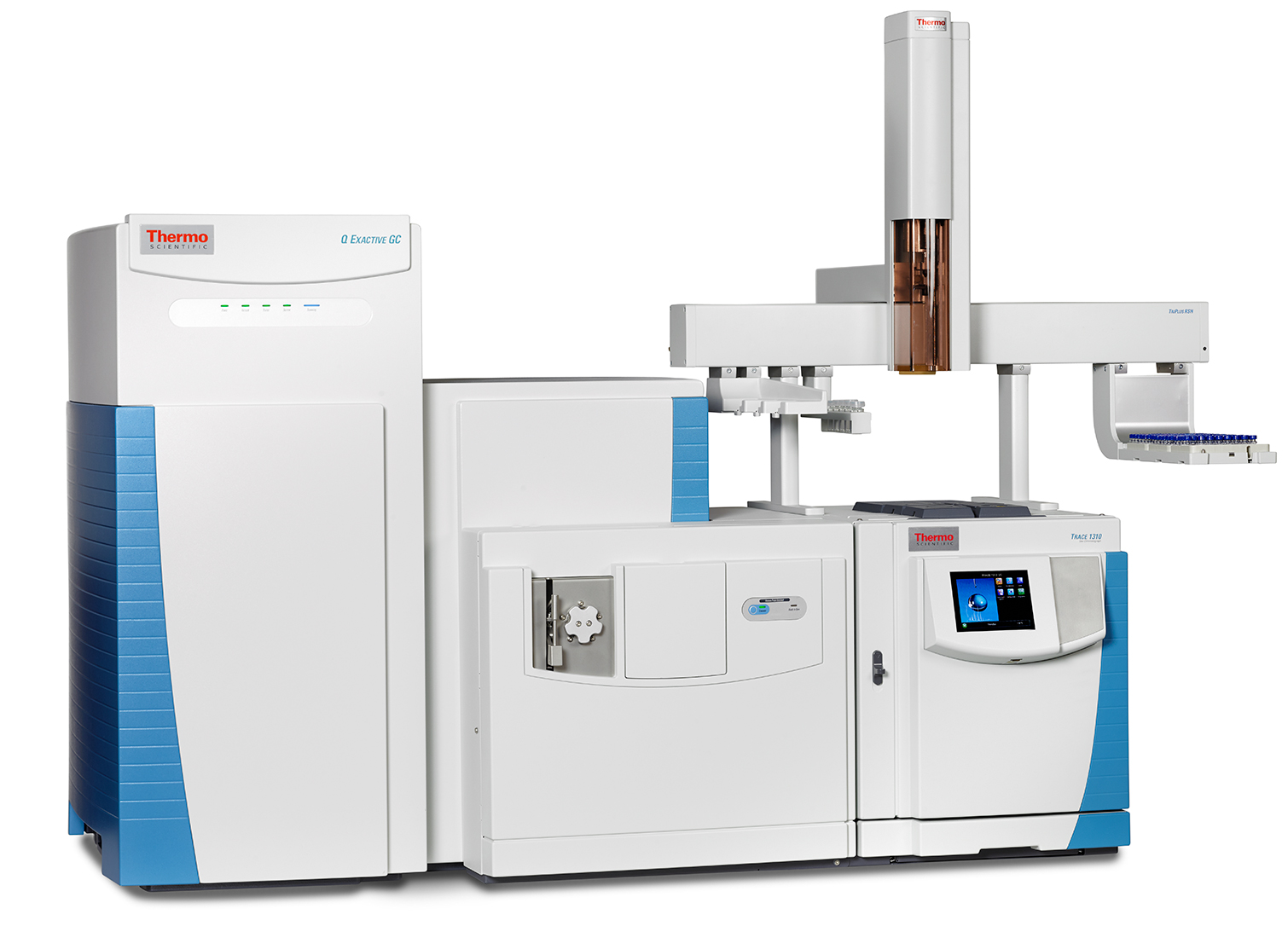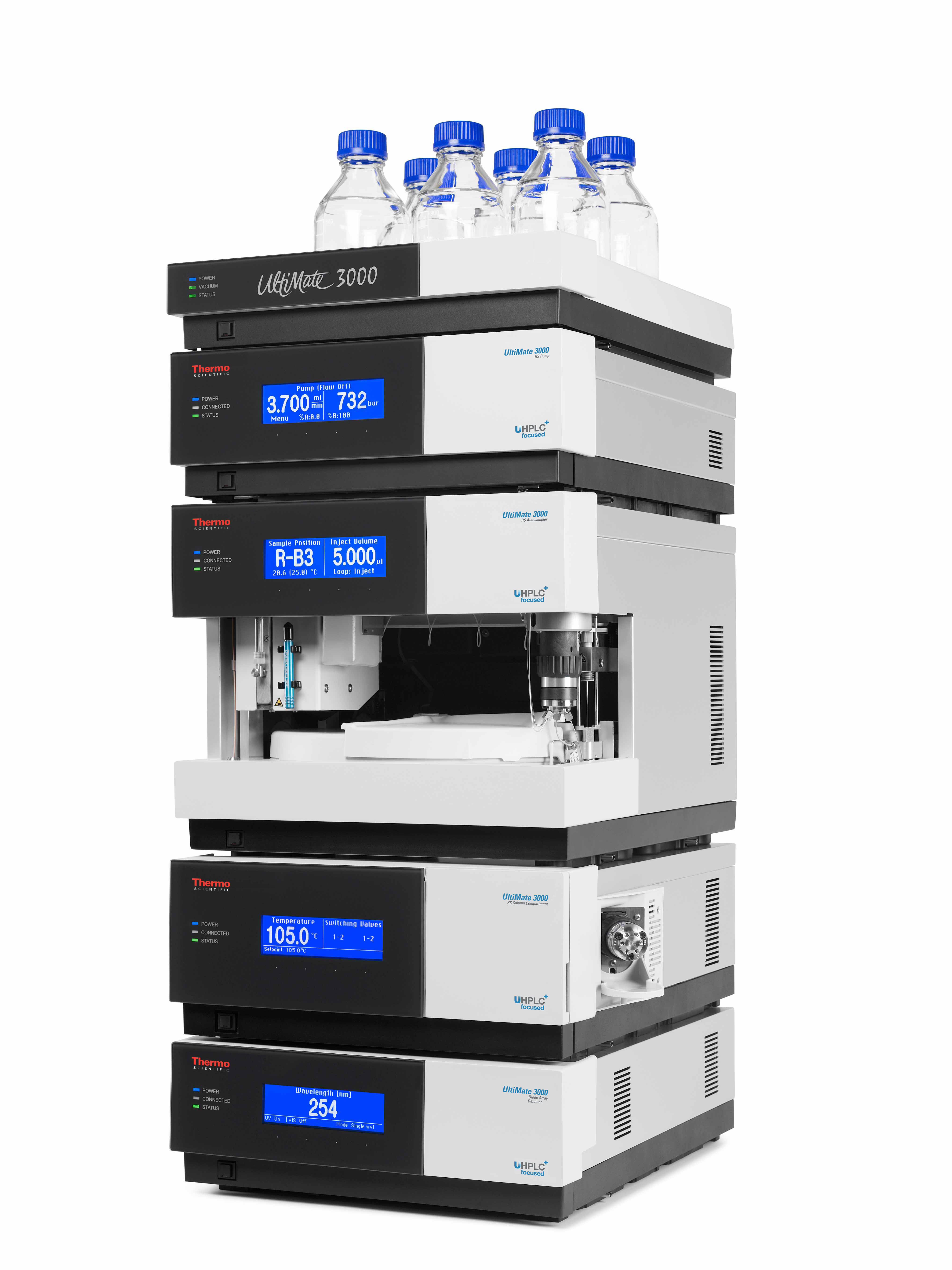
Metabolomics Laboratory Instruments
Equipped with modern mass spectrometers and a rapid separation system, NYU Langone’s Metabolomics Laboratory offers customized services to meet the analytical needs of any project. We provide high coverage of the metabolome or efficient quantification of your target metabolite through high-resolution accurate-mass instruments coupled to nanoflow, ultra-performance liquid chromatography (UPLC), or gas chromatography (GC) separation technologies.
Thermo Scientific Q Exactive Hybrid Quadrupole-Orbitrap Mass Spectrometer
The Thermo Scientific Q Exactive™ Hybrid Quadrupole-Orbitrap™ mass spectrometer provides sensitive and high-resolution ion detection with quadrupole isolation and higher-energy collisional dissociation (HCD) fragmentation. This versatile system can be used alone (with direct infusion) or in combination with nanoflow or UPLC systems to provide chromatographic separation of metabolites prior to mass spectrometry (MS) detection.
Thermo Scientific Q Exactive GC Hybrid Quadrupole-Orbitrap Mass Spectrometer

The Thermo Scientific Q Exactive™ GC Hybrid Quadrupole-Orbitrap™ mass spectrometer provides sensitive and high-resolution ion detection with quadrupole isolation and HCD fragmentation. This versatile system can be used alone for characterization of purified compounds (using a direct-insertion probe for fast analysis of solids) or in combination with GC to provide chromatographic separation of volatile, low-molecular-weight, and nonpolar metabolites prior to MS detection.
Offline Analytical Systems

The Thermo Scientific UltiMate™ 3000 rapid separation dual binary system provides chromatographic separation of analytes, with detection of analytes by absorbance in the ultraviolet and visible ranges and by charged aerosol detection. These provide broad, nonspecific detection of challenging analytes, which do not ionize or are otherwise incompatible with MS detection.